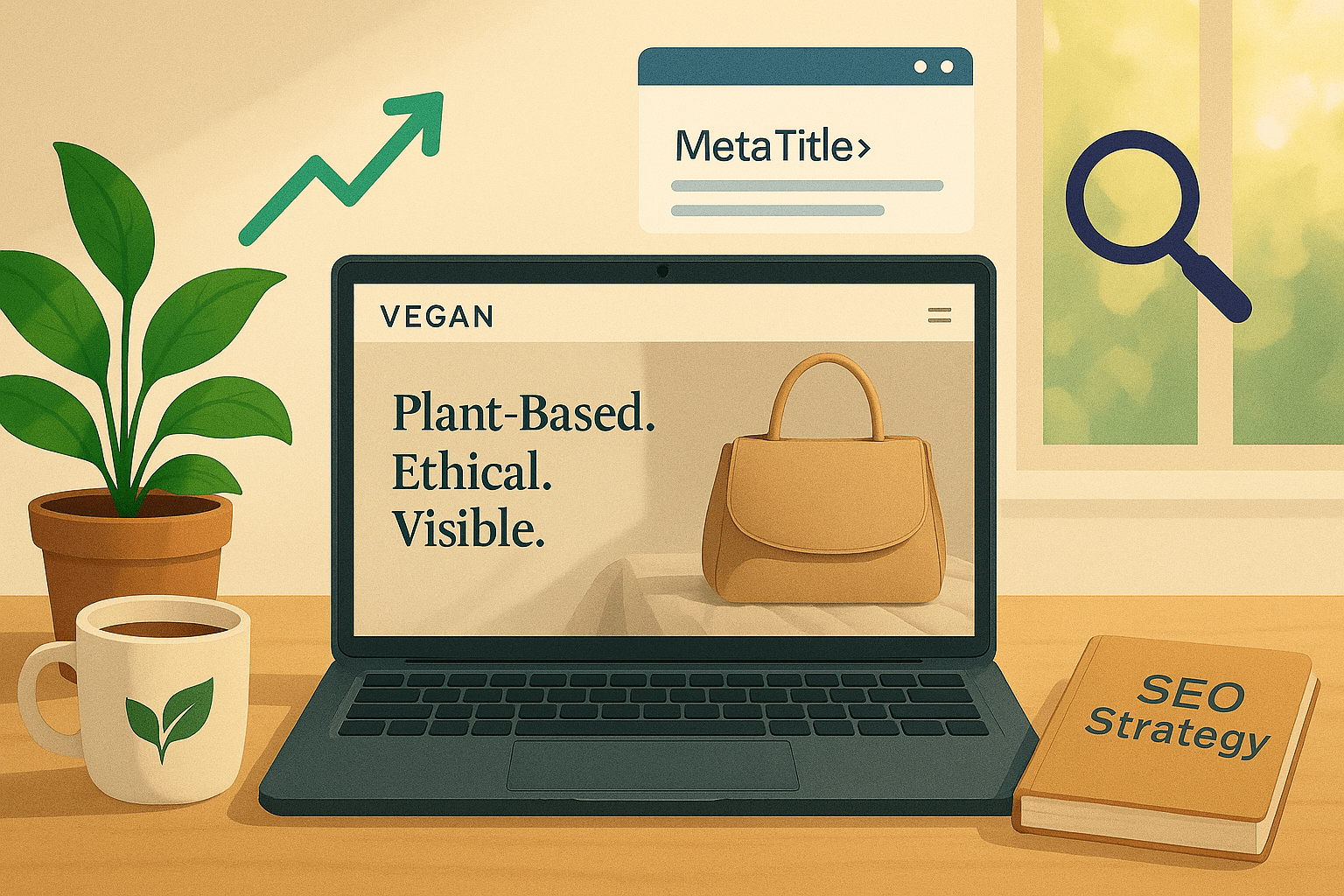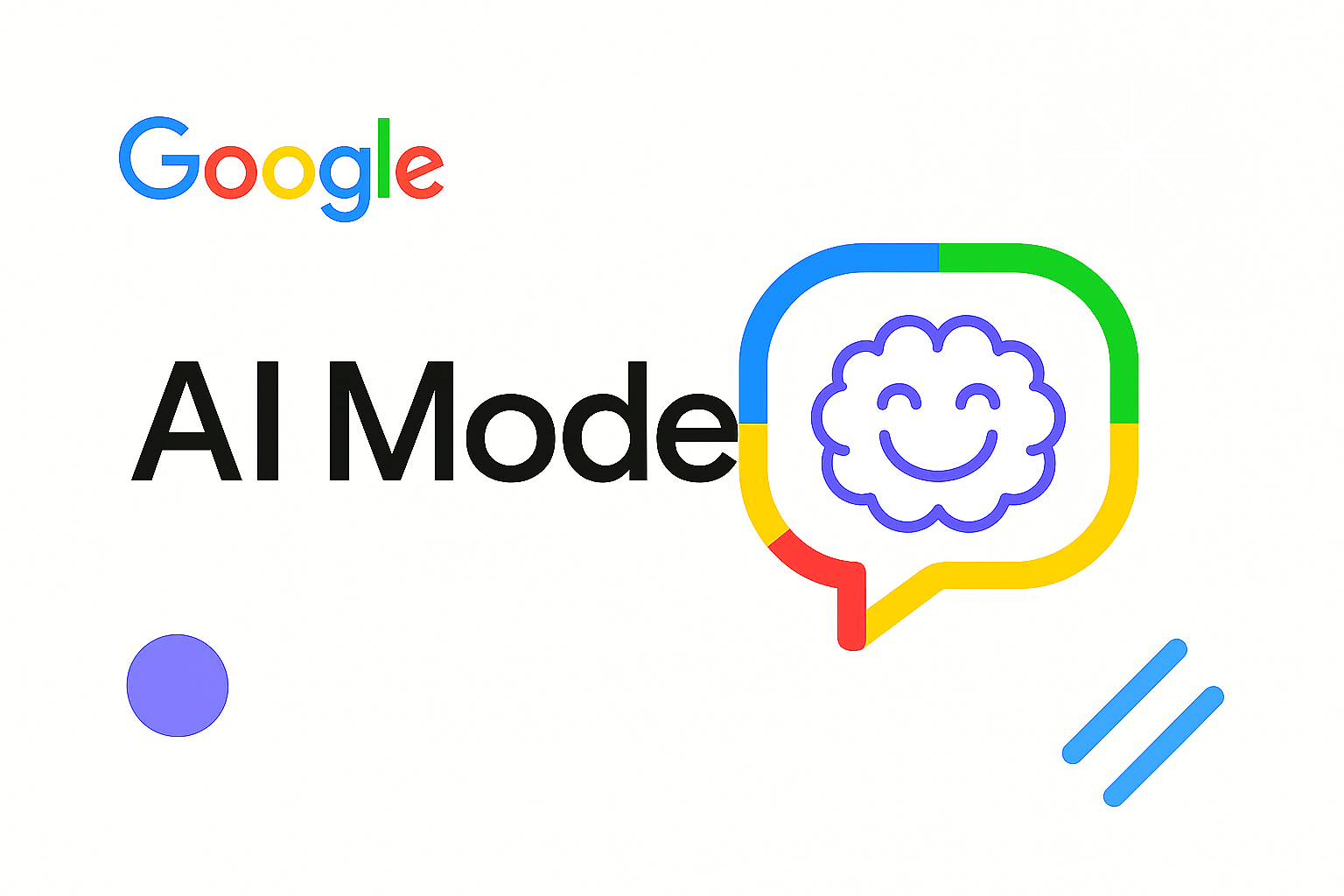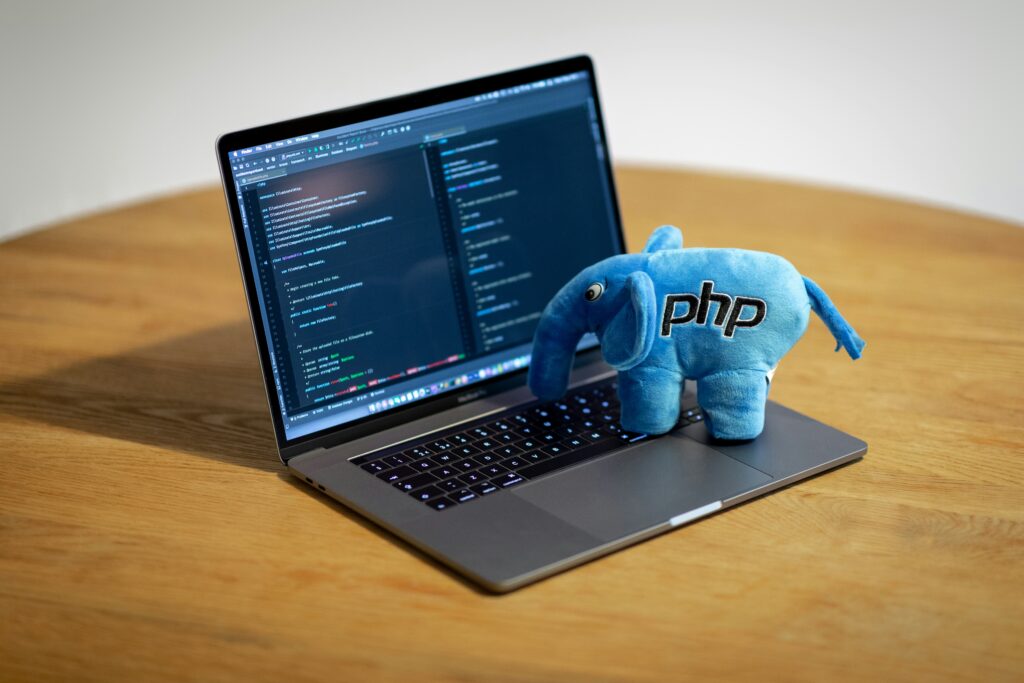
Will Google ban websites using paid links?
by CueBlocksThe Internet has been flooded with link directories and link farms that are providing links for free (in return of another link – nothing comes for free these days!) or for a certain fee (does this qualify as a paid link?.)
Its quite understandable that Google doesn’t like it. Artificial inflation of links just doesn’t serve the purpose. The SERP results are then not in control of an algo but in control of the individuals who can build maximum links!
It hurts. But can reporting paid links help?
How do you find out if the votes are genuine or bought?
Is Yahoo directory selling links (its a paid directory – how do you know that people want a link from yahoo directory because of th PR value of that page and not really the traffic coming from there)?
What about other link building directories? How can you find out the purpose for paying for a link? Is text ad a paid link? What about directories that allow free inclusions provided a linkback is provided?
Thats brings us to SEM companies. Are they promoting paid links? Is reciprocal linking paid? No money is being exchanged between parties – only link swapping. But the SEM company is getting paid to carry out the link building campaigns. So, whose selling links and whose buying links here? And how will a computer program come to a conclusion that the link bought was with the intention of increasing traffic and not PR.
I believe one can argue that if traffic is the sole purpose, use javascripts, iframe etc for sending out the link. But why should a webmaster do that? For the sole reason that otherwise, Google “might” think that its a paid link created with an “intention” to increase PR?
Before Search Engines, links were the only source of traffic movement. Anyone today with a PR of 6 on the homepage is (assuming) getting good traffic. So if the webmaster decides to sell links from his homepage to make some money, is he violating Google’s quality guidelines? If another webmaster buys that link in hope of getting traffic from that website, is he too violating Google’s quality guidelines?
How do you know what the intention behind the buying/selling of the link was?
I’m curious to see if any website makes news for buying/selling links.
Can you have your competitor banned by going and buying links for their website on their behalf and then reporting them?
- About the Author
- Latest Posts
2 Replies to “Will Google ban websites using paid links?”
Comments are closed.
-
Vegan SEO: Optimizing Organic Visibility for Purpose-Driven Brands
by Tapam Jaswal
More people than ever are interested in vegan products and services. If you run a vegan brand, ensuring customers can …
Continue reading “Vegan SEO: Optimizing Organic Visibility for Purpose-Driven Brands”
-
Google AI Mode Explained: How It’s Reshaping Search and Content with Real Examples & Tips
by Tapam Jaswal
If you’re in SEO or content and have been watching Google’s changes, you already know: AI Mode isn’t a minor …
-
Jiva’s Organic Traffic Growth: 354% Surge in 6 Months | CueForGood
by Nida DanishSummary: Jiva’s efforts to empower smallholder farmers weren’t gaining the digital traction they deserved. With a strategic overhaul led by …
Continue reading “Jiva’s Organic Traffic Growth: 354% Surge in 6 Months | CueForGood”
-
What We Learned When We Switched From Disposable Tissues to Reusable Napkins
by Nida DanishAt CueForGood (CFG), we’ve embraced a refreshing change: reusable cloth napkins. While the switch may seem minor, it’s rooted in …
Continue reading “What We Learned When We Switched From Disposable Tissues to Reusable Napkins”
-
Of Light, Laughter & Transformation: Diwali 2024 at Cue For Good
by Nida Danish
On any given day, walking into the Cue For Good office feels like stepping into a space with heart. It’s …
Continue reading “Of Light, Laughter & Transformation: Diwali 2024 at Cue For Good”
-
Why PHP Still Matters in 2024: A Look at Its Continued Relevance
by Girish TiwariAt its peak in the early 2010s, PHP powered the majority of websites globally, including major platforms like Facebook and …
Continue reading “Why PHP Still Matters in 2024: A Look at Its Continued Relevance”







Hi Bernie,
Links from social networks can pay off well if there are no “nofollow” tags associated with them!
The notion of paid links is not new. The question is how do you define a paid link? It’s proven (as you know) that old fahion one way link building improves rankings. Can a competitor determine that certain links were bought? Maybe, but it’s not very likely in many cases unless a competitor really has an ax to grind and has the resources to do it. The best links now are natural links from content people linked to because they wanted to. This means blog and social networking content are the best places to get links that will be indexed favorably by search engines.